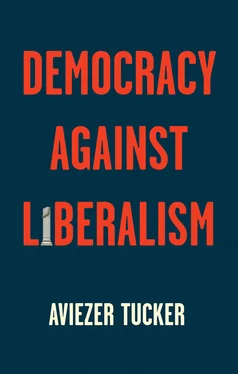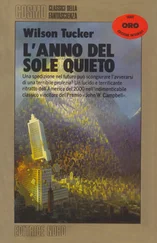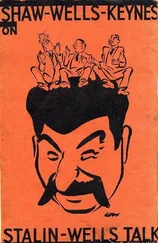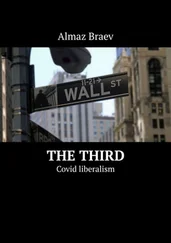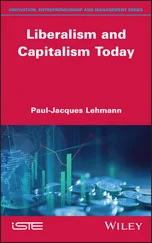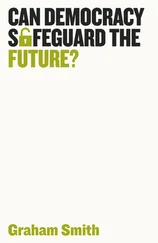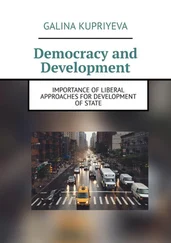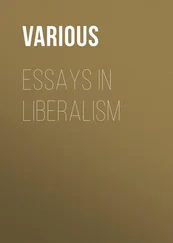Populists tend to miss what Harry Frankfurte (1988, 11–25) called second-order volitions, a will to determine their own passions. Populists accept all their passions and do not recognize contradictions between the passions; the constraints that satisfying some imposes on satisfying others. Demagogue may enflame and manipulate passions, but cannot control them and would not try. Populist leaders must promise immediate gratification in the form of simple policy solutions that they may misrepresent as having no undesirable consequences. They cannot acknowledge the complexity of the world (Mounk 2018, 36–39). When populist leaders cannot gratify, they divert attention to something else. Populist passions demand policies that are incompatible and undermine each other. They necessitate more policies to correct those contradictions, and so on. This is most obvious in macro-economic policies that want to improve public services, reduce taxes, and keep inflation and the national debt down; or keep high levels of transfer payments from the young to the old, with low birth rates, and strict restrictions on immigration of young workers, as in Japan. Populist policies, as distinct from populist rhetoric or expressions of passion, eventually consume themselves in self-destructive bonfire of passions.
Populist passions can be powerful enough to affect the beliefs of their adherents. Beliefs become narrative representations of passions, rather than probable results of reliable processes of inference from evidence. For example, if populists hate or fear somebody, they come to believe that they must have committed horrible crimes. Since the passions precede the stories told to represent them, evidence cannot convince or dissuade the passions. For example, fear and hate may cause populists to believe that immigrants commit higher rates of crimes than natives; while continuously ignoring the glaring evidence to the contrary. Vice versa, American populists ignore the fact that almost all the mass shootings in the United States have been committed by native white males because there is no corresponding passion to this belief.
Whether or not populist leaders actually possess the passions they manipulate or rather use the passions of others to further their own interests, is neither clear nor important. “Great orators are those who somehow manage to have it both ways, to enjoy the benefits of sincerity and those of misrepresentation. Their emotions belong to … the gray area between transmutation and misrepresentation; they are neither fully genuine nor entirely feigned” (Elster 1999, 390). For example, plutocrats whose businesses are becoming uncompetitive have an interest in protectionism and overregulation as well as in misrepresenting their protectionist interests as xenophobic passions shared with many others with no such interests. Likewise, employers who rely on cheap immigrant labor have an interest in presenting themselves as xenophobes who promote immigration restrictions because it strengthens their bargaining position with the undocumented workers they employ, while presenting themselves as ideologically above suspicions of employing illegal immigrants.
No person or state can always be entirely in control of their passions. There are degrees of populism, as the politics of the passions, just as there are degrees of democracy and liberalism. The exact borderline between populist and not so populist systems that have some populist aspects can be disputed, just like the borderline between democracy and authoritarianism and liberalism and absolutism. The extreme cases are obvious, while the exact classification of intermediate cases may be ambiguous. Moderate levels of populism can be sustainable. For example, some expensive penal policies are neither in the interest of victims nor of reforming perpetrators, but satisfy passions for revenge and retribution. Passionate politics have costs and unintended consequences, but the political system may be able to pay them without becoming insolvent. The transition from systems that have some populist aspects to populism proper is gradual, resembling a live frog slowly and gradually boiling into a soup.
Populism as the politics of the passions is important for understanding neo-illiberalism , the topic of this book, because liberal constitutions and institutions were designed and constructed often to constrain and even block the political expressions of passions and absolutist governments. Liberalism gets in the way of much of populism. Varieties of populism that find themselves in conflict with constitutions and institutions like the independent judiciary can make common cause with absolutists or illiberals who are not necessarily populist but want the liberal institutions out of their way so they can exercise absolute political power.
The contemporary alliance between illiberals (or absolutists) and populists is an alliance of convenience and not of conviction. To the extent that the illiberal leaders understand and act on their interests, they know they cannot enact policies that accord with populist passions or bring their own demise. Orbán cannot start a war with Romania to restore Hungary to its pre-Trianon Treaty size. Trump cannot block most trade with China and Mexico. Nobody can borrow to finance public services without eventually raising more money from taxes. The populist neo-illiberal trick then is to manipulate the passions; make symbolic gestures like building useless walls on the border of Mexico and sending soldiers to protect the country from migrants that do not exist in East Europe, while using bombastic language. For example, Poland has at once one of the most liberal non-populist immigration policies in Europe with millions of immigrants from outside the EU (mostly from Ukraine), while its leaders have some of the most anti-immigration and anti-EU rhetoric in Europe. When all else fails, the illiberals can distract passion with passion, like a new object of fear or hatred. Populist crowds have many passions that they do not fully understand and express, so the demagogue can trigger and manipulate them.
The populists and neo-illiberals have a common goal of dismantling liberal institutions. But they do not share common interests. Populist illiberal leaders have no interest in acting on the populist passions that would lead to their self-destruction. They have an interest in obtaining and maintaining absolute power. This interest in absolute power is shared by all the neo-illiberal politicians, though it is not exclusive to them. Once they have such power, many, though not all, will further use it for personal enrichment and corruption, which is against the interests of their populist supporters. The dilemma of populist illiberals in power is that the stronger they express the populist passions, the more support and legitimacy they receive in their confrontation with liberal institutions. Yet, the more they actually act on those passions, the greater is the risk that the regime would collapse under the pressure of its own passions. The populist illiberals are constrained by reality from acting on much of their rhetoric. Consequently they increase the volume of the rhetoric and provoke. Small populist policies can generate a lot of noise but little damage. For example, provoking liberals by being rude and trampling on norms of political respect, or making symbolic gestures such as building symbolic borders, putting poor immigrant children in cages (morally abhorrent but politically inconsequential), and prohibiting the migration of people from countries that send few high-net-worth immigrants, are populist policies that create much more noise than actual political damage. Should illiberal populists start acting on their rhetoric, as in classical ancient absolute democracies, populist self-destruction will follow.
The opposite political pole to populism is technocracy, the rule of experts. Experts should represent instrumental rationality in the service of interests. Since Plato, the technocratic ideal has been for the rulers to be knowledgeable experts. Plato had a non-specialized, holistic, concept of knowledge and political expertise. He “appointed” philosophers to run his utopian technocracy. Contemporary notions of expertise prefer applied specialists to theoreticians. Mounk (2018) documented the growth of technocracy since the 1930s, including liberal bureaucracies exempted from democratic elections, such as quasi-non-governmental organizations that are financed by the state but are not controlled by its representative bodies. Technocracies do not have to be liberal; they can serve absolutist states, as well as authoritarian or democratic governments. Indeed, all modern monarchies and dictatorship had to use at least some technocrats.
Читать дальше
